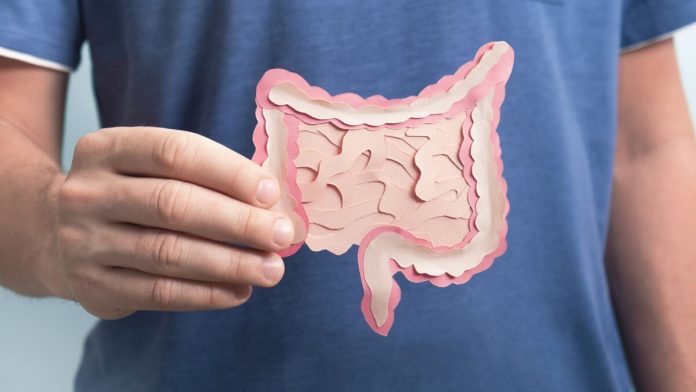The digestive system is a complex and intricate system in the human body that is responsible for breaking down food into smaller molecules, which can be absorbed by the body. The digestive process starts in the mouth and ends in the anus. The length of time it takes for food to be digested varies depending on several factors such as the type of food, age, gender, and overall health. In this article, we will explore the digestive process and how long it takes food to digest.
The Digestive Process
The digestive process is a series of steps that begin with the consumption of food and end with the elimination of waste. The process can be divided into six stages:
- Ingestion: This is the process of taking food into the mouth.
- Propulsion: This is the process of moving food through the digestive tract, which is facilitated by muscle contractions.
- Mechanical digestion: This is the process of physically breaking down food into smaller pieces through chewing and churning in the stomach.
- Chemical digestion: This is the process of breaking down food into smaller molecules through the use of enzymes and other digestive juices.
- Absorption: This is the process of absorbing nutrients and other molecules into the bloodstream.
- Elimination: This is the process of removing waste products from the body.
Factors Affecting Digestion
Several factors can affect how long it takes for food to be digested. These include:
- Type of food: Some foods take longer to digest than others. For example, high-fat foods take longer to digest than low-fat foods.
- Age: The digestive system slows down as we age, which can lead to slower digestion.
- Gender: Women have a slower digestive system than men, which can lead to slower digestion.
- Overall health: Certain health conditions such as diabetes and irritable bowel syndrome (IBS) can affect how long it takes for food to be digested.
How Long Does It Take Food to Digest?
The length of time it takes for food to be digested varies depending on several factors. However, on average, it takes between 24 and 72 hours for food to be completely digested and eliminated from the body. This time frame includes the time it takes for food to travel through the digestive tract, the time it takes for the body to absorb nutrients, and the time it takes for waste products to be eliminated.
Foods That Take Longer to Digest
As mentioned earlier, some foods take longer to digest than others. Here are some examples of foods that take longer to digest:
- Fatty foods: Foods that are high in fat take longer to digest than foods that are low in fat.
- Protein-rich foods: Foods that are high in protein take longer to digest than foods that are low in protein.
- Fibrous foods: Foods that are high in fiber take longer to digest than foods that are low in fiber.
Conclusion
The digestive process is an essential process in the human body that is responsible for breaking down food into smaller molecules, which can be absorbed by the body. The length of time it takes for food to be digested varies depending on several factors such as the type of food, age, gender, and overall health. On average, it takes between 24 and 72 hours for food to be completely digested and eliminated from the body. Understanding the digestive process and the factors that affect digestion can help individuals make informed decisions about their diet and overall health.
Khalid Irfan is a Fitness expert who enjoys spending time in gym. He also enjoys being in the outdoors and exploring new opportunities whenever they arise as well as researching new topics to expand his horizons.

